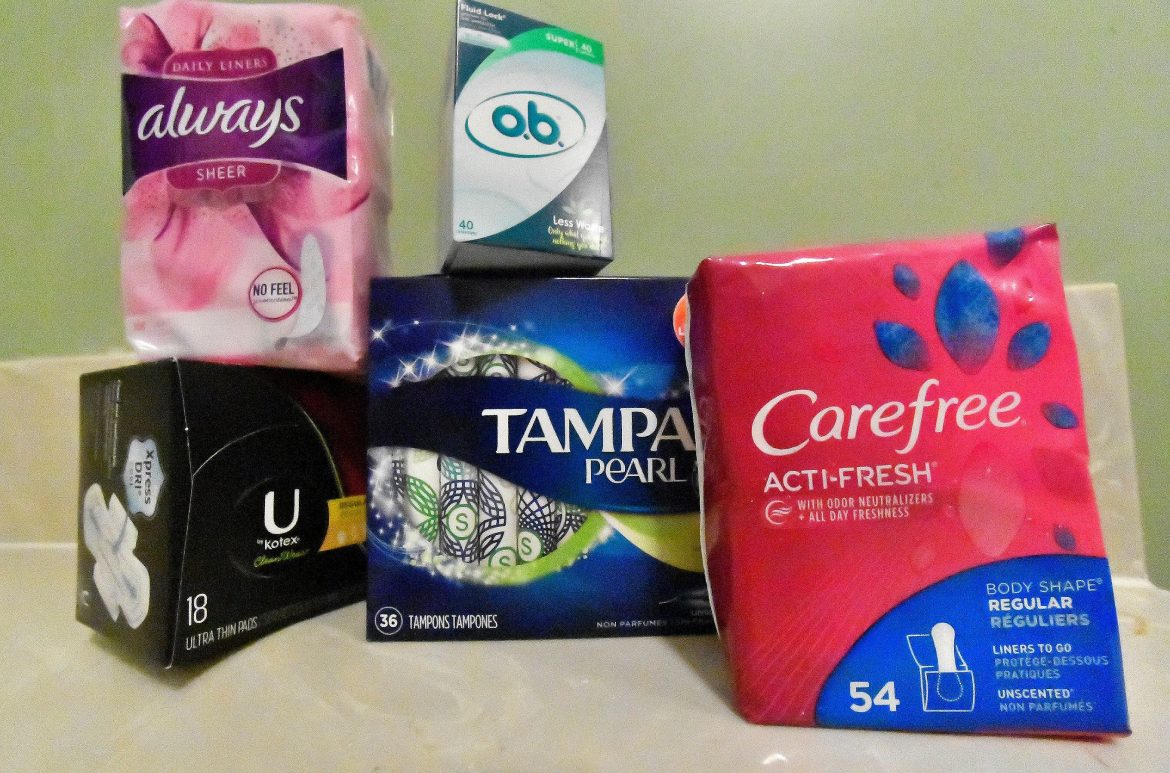Scotland’s decision to make sanitary products free and available to all is arguably the best thing to come out of 2020.
Now it is about time the rest of the world follows suit.
Periods are natural, not something a woman can control. However, there remains a taboo and stigma around them; women are not to discuss their periods, they are supposed to remain private affairs that women suffer alone. This stigma is finally one step closer to being removed in this landmark decision.
The average woman spends 10 years of her life on her period, something she quite literally has to pay for. It is a costly monthly expenditure with the average cost for sanitary products a month around £10.24.
Over time this adds up. The gift from mother-nature typically arrives at 12-years-old, and stays with a woman until her mid-50s; it is not something a woman can naturally prevent from happening. Over a woman’s lifetime, that is almost £5,000.
For some women, it is a cost out of reach, which has led to campaigns for an end to period poverty. Period poverty means “being unable to access sanitary products and having a poor knowledge of menstruation often due to financial constraints” according to the Bodyform website.
In the UK, one in 10 girls cannot afford menstrual products, while one in seven have struggled to afford them according to a survey by Plan International UK.
Scotland’s decision
The Period Products (Free Provision) (Scotland) Act passed unanimously through the final stage in the Scottish Parliament on Tuesday evening, and requires authorities to ensure that any and everybody has free access to period products should they need them.
The campaign was led by Monica Lennon, Scottish Labour health’s spokeswoman.
But why is Scotland the only country to have made this step?
In 2017, the Green Party and Liberal Democrats put commitments to tackling period poverty in their manifestos. Labour made a similar pledge, and in January 2020, the Conservatives announced period products would be made freely available in schools and colleges in England that month.
However, in October 2020, the Independent reported the government had failed to make schools aware of the offer, and consequently, the majority of schools failed to sign up to the scheme.
While the Tories’ intentions were a step in the right direction, 49 per cent of girls in the UK had missed entire days of school because of their period, and 59 per cent of these girls made up a lie or alternative excuse for missing school that day.
Condoms, the pill and choice
Periods are not a choice for women. However, they are something that women have to pay out for, with taxation. Condoms, on the other hand, are freely available in sexual health clinics, are handed out in university halls, and are even supplied free-of-charge by some pharmacies across the UK.
In England, the contraceptive pill is also free, and while some women do use the pill to manage their periods, acne, or endometritis, it is primarily used, as a form of contraception.
Safe sex is, of course, encouraged, but sex itself is a choice – periods are not.
Scotland’s decision shows it is possible in the 21st century for women to receive free period products, it is now just a matter of the rest of the world following in their footsteps.






